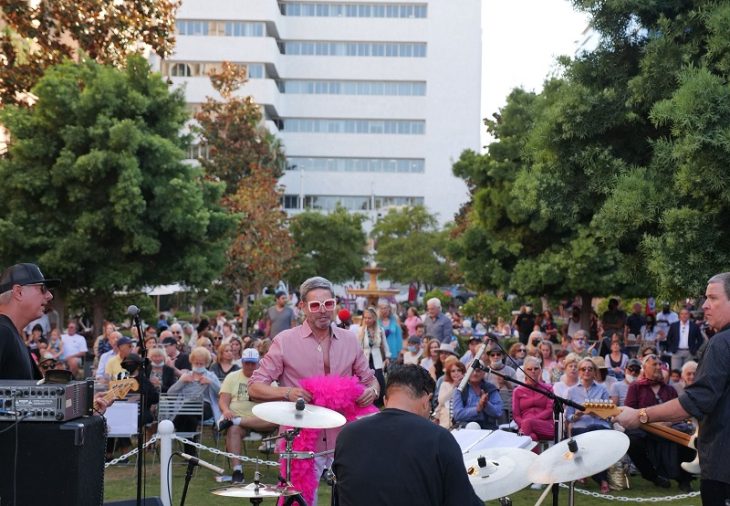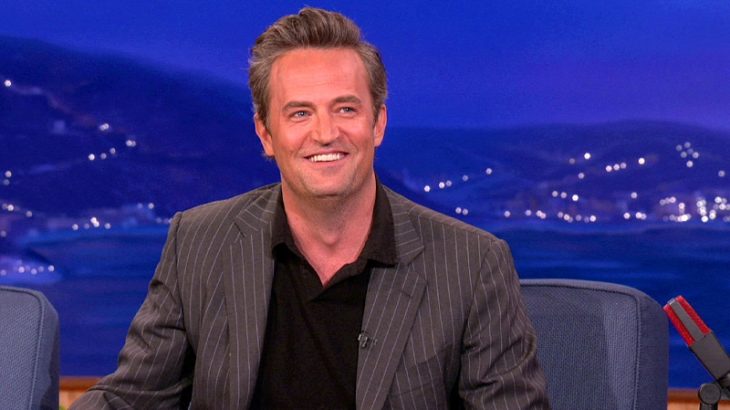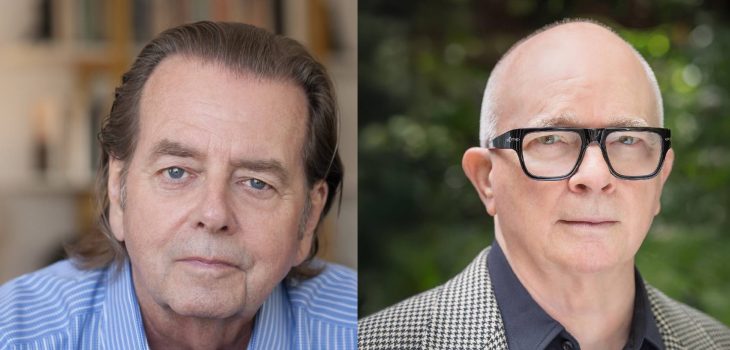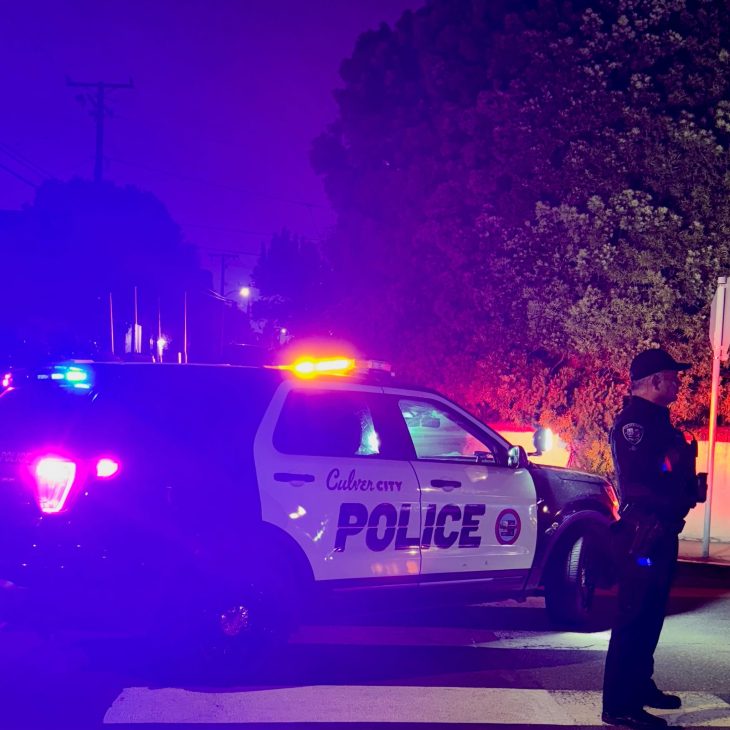Healthcare and Research Staff at UC to Strike, Alleging Unfair Labor Practices
More than 20,000 healthcare, research, and technical professionals across the University of California system are set to strike again on April 1 in protest of what union leaders describe as systemic unfair labor practices and chronic underinvestment in staff and student services.
UPTE healthcare, research, and tech workers will strike at UCLA Ronald Reagan Medical Center from 7:00 a.m. to 2:00 p.m.
The walkout, organized by the University Professional and Technical Employees (UPTE), will include workers from all UC campuses and medical centers. The action follows a series of escalating disputes between the union and university administrators over staffing, rising healthcare costs, and what union officials call a strategy of “divide-and-conquer” bargaining.
UPTE accuses the UC system of refusing to meaningfully engage in negotiations with newly unionized professionals, such as mental health clinicians, who joined the union to advocate for improved student and patient care.
“When we joined UPTE nearly three years ago, we raised urgent concerns about our students battling depression, anxiety, and trauma,” said Marlene Vasquez, a behavioral health counselor at UC Davis. “UC ignored us then, and now, during systemwide negotiations, they’re still dragging their feet.”
Union leaders cite dire staffing conditions that have worsened across UC’s healthcare and academic institutions. Emergency room wait times at UCSF now average 258 minutes, far above the California and national averages. On seven of UC’s 10 campuses, vacancy rates for Counseling and Psychological Services counselors in 2023 ranged from 19% to 37%, contributing to delays in critical mental health support.
Chevelle Sleaford, a clinical research coordinator at UCLA, said underfunding and understaffing are directly affecting public health and scientific progress. “As a cancer researcher, I know how high the stakes are,” Sleaford said. “We need UC to prioritize patients, students, and the communities we serve.”
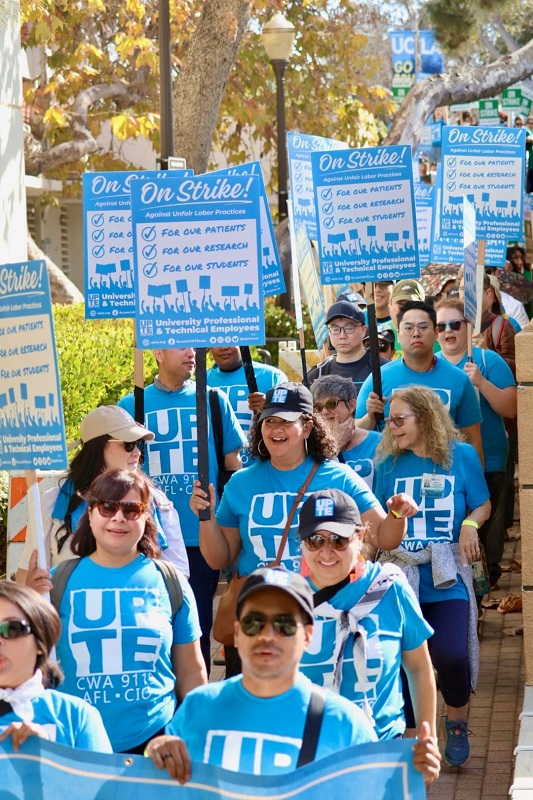
The strike announcement follows UPTE’s latest unfair labor practice charge against UC, which alleges the university has intentionally fragmented bargaining units to weaken negotiations. The union also claims UC unilaterally raised healthcare premiums without proper consultation and continues to shift union-covered roles into non-union job titles — a practice they say amounts to union-busting.
According to UPTE, despite repeated appeals, UC has not disclosed up-to-date vacancy data by job classification, violating legal obligations. Yet UC leadership has publicly acknowledged the widespread vacancies. In recent hearings, UC President Michael Drake admitted the university is “rolling over” thousands of unfilled positions year after year to cover budget gaps.
“The University claims it supports its workers but then actively blocks solutions,” said UPTE President Dan Russell. “Public education and healthcare are under national threat — UC has to decide whether it sides with billionaire agendas or the workers protecting public services.”
Union members participating in the strike include physician assistants, pharmacists, IT staff, optometrists, lab scientists, mental health providers, case managers, and climate researchers. Their work supports UC’s core missions in education, healthcare, and scientific innovation.
Since their last contract expired in October 2024, UPTE members have gone on strike twice in six months to protest what they describe as a persistent pattern of illegal conduct by the university. April 1 will mark the third.
In the background, union leaders point to what they call “management bloat.” Between 2018 and 2023, the number of UC senior executives rose by more than 42%, while frontline staff grew by only 18%. At the same time, the university has allocated more than $30 billion for capital projects and hospital acquisitions through 2029.
As the April 1 strike approaches, UPTE says the university must act urgently to resolve the crisis. “Everyone from UC Regents to students has acknowledged this problem,” said Russell. “It’s time the university listened to its frontline workforce.”






